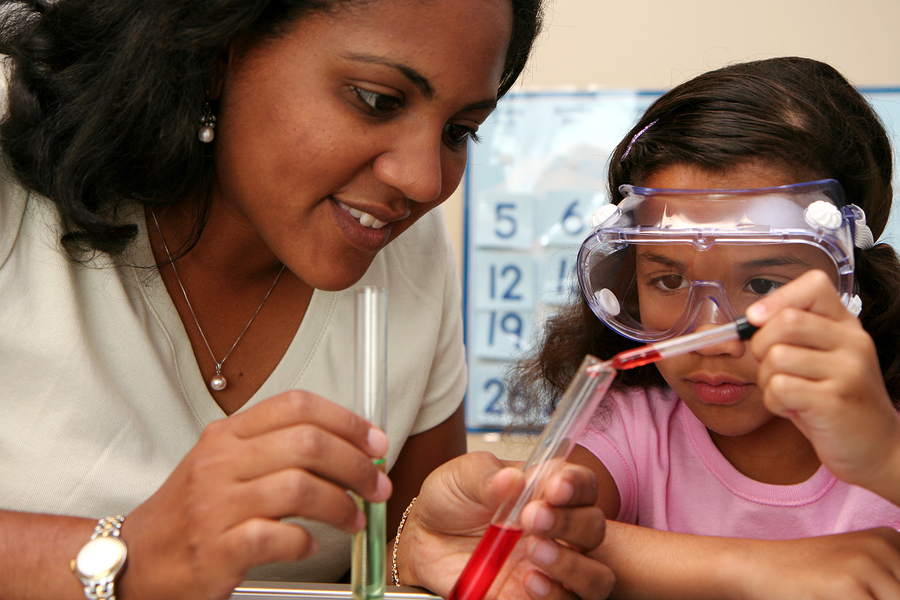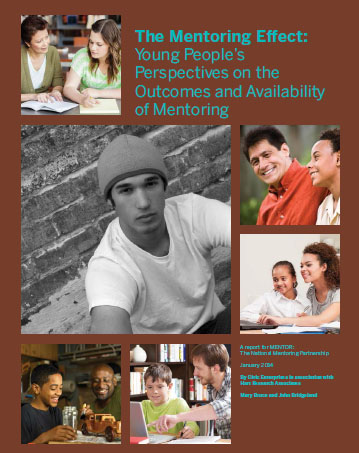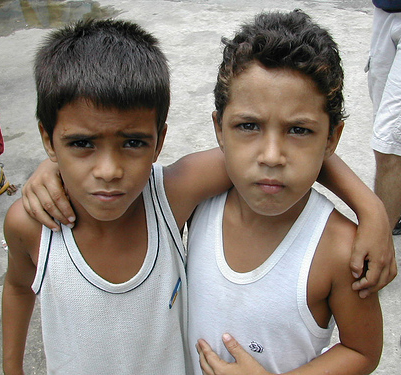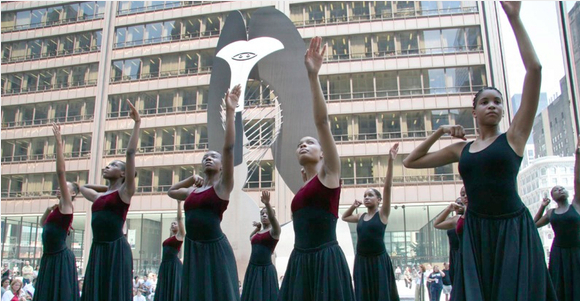New Research Identifies Relationship Quality as Key to Successful School-Based Mentoring
Bayer, A., Grossman, J., & DuBois, D. L. (2015). Using volunteer mentors to improve the academic outcomes of underserved students: The role of relationships. Journal of Community Psychology. Summarized by Jessica Cunningham, B.A., Research Associate, Center for Evidence-Based Mentoring Background: Many schools facing financial hardship are turning to low-cost ways of identifying and supporting students […]











